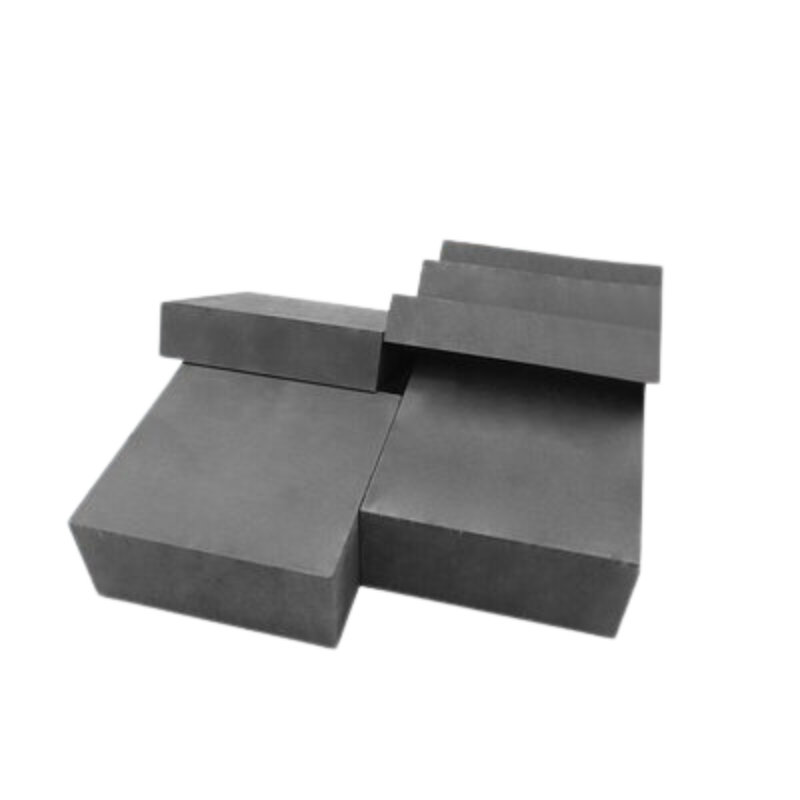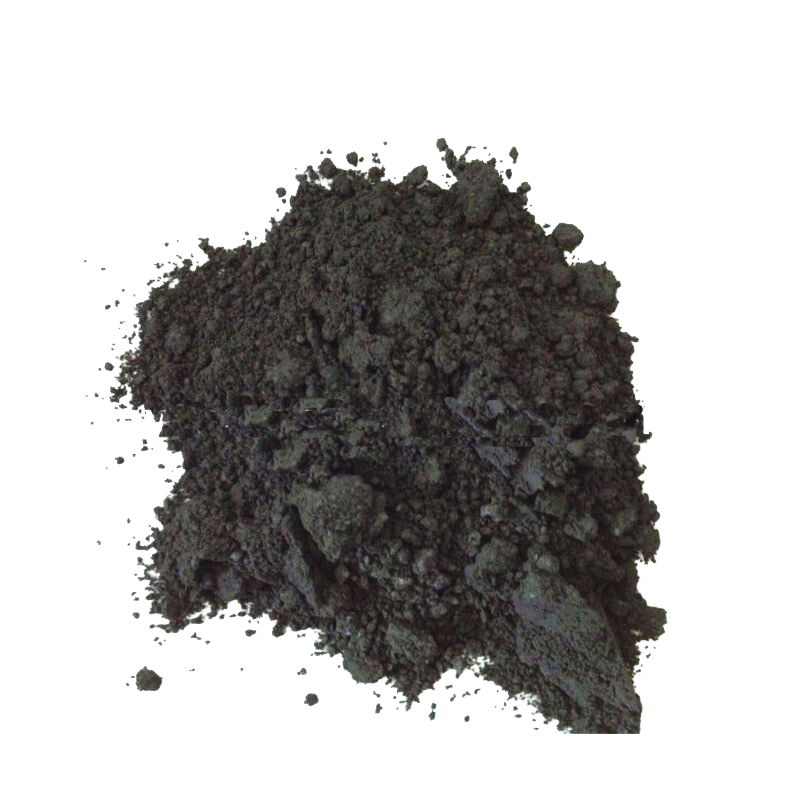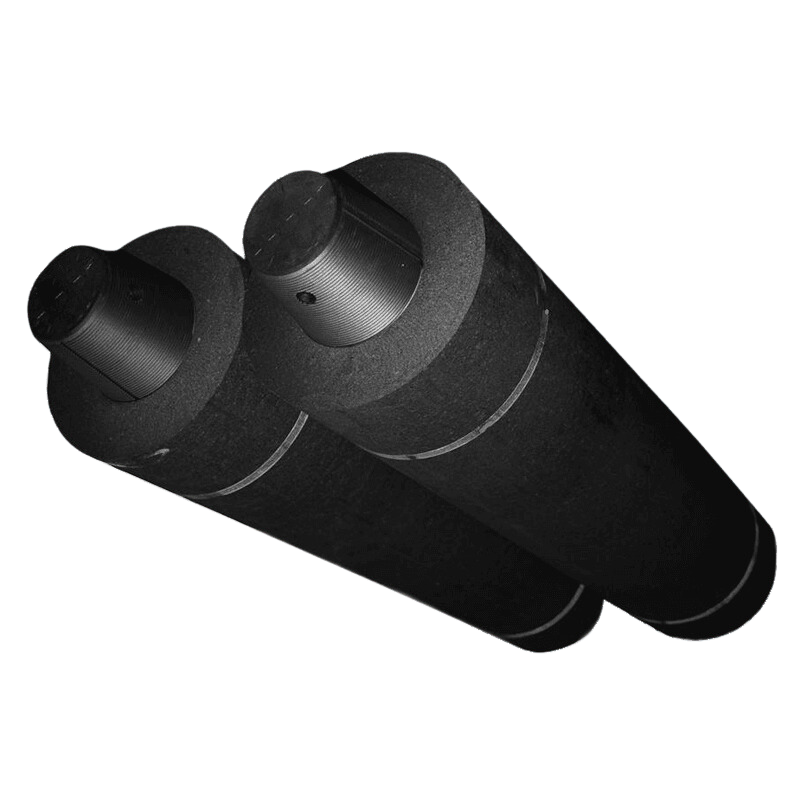The application of graphite rods in electrolyzing water has wide practical significance, especially in fields such as hydrogen production by water electrolysis, research on redox reactions, and electrochemical analysis. These applications are based on the excellent electrical conductivity, chemical stability, and surface properties of graphite, making it an ideal material for use in the electrolysis of water.
Firstly, graphite rods serve as electrodes for the electrolysis of water to produce hydrogen and oxygen. During the electrolysis process, graphite rods can function as both the anode and cathode, facilitating the decomposition of water into hydrogen gas and oxygen gas, respectively. Their outstanding electrical conductivity ensures smooth passage of electric current, and due to the chemical stability of graphite, the rods do not corrode or dissolve during electrolysis, ensuring the stability and long-term reliability of the process.
Secondly, graphite rods play a crucial role in the study of redox reactions. Redox reactions are fundamental to many chemical reactions and electrochemical processes, and graphite rods, as electrodes, can be used to simulate and investigate the kinetics and mechanisms of these reactions. By applying a potential to the surface of the graphite rod, the progress of redox reactions can be controlled, revealing their behavior and properties under different conditions.
Additionally, graphite rods can be utilized in electrochemical analysis, such as electrochemical sensors, electrolytic cells, and electrochemical detection. The chemical stability and controllability of their surfaces allow different catalysts or biomolecules to be immobilized on them for the detection and analysis of various compounds and substances.
In conclusion, the application of graphite rods in the electrolysis of water encompasses multiple fields, from hydrogen production by water electrolysis to research on redox reactions and electrochemical analysis. Their electrical conductivity, chemical stability, and controllability make them an ideal choice for these applications, providing crucial support for related research and practical applications.





